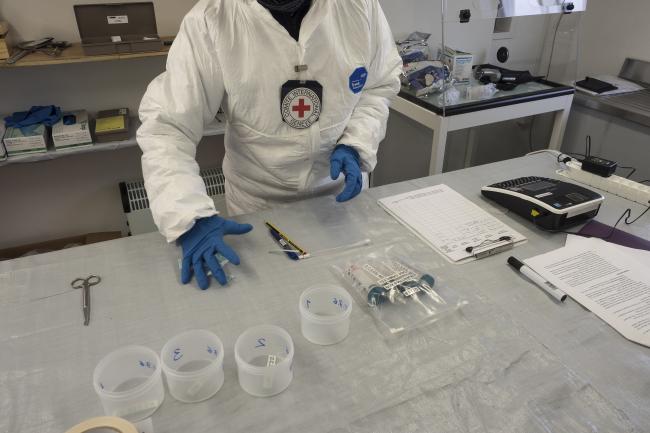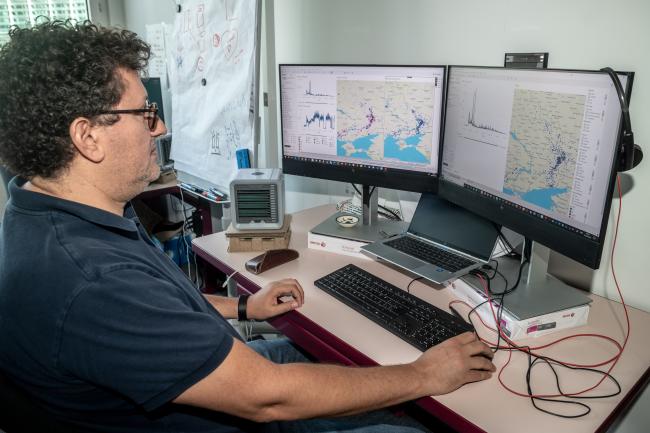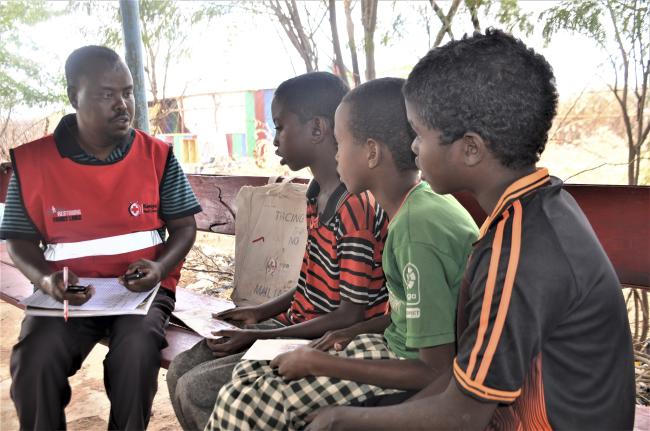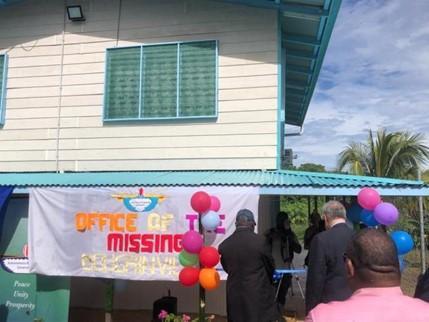Ensuring dignity of dead bodies and emotional closure for surviving family is essential

Amid devastating loss of life due to disasters and conflict, there is often unfounded fear and misunderstanding concerning the dead. It is therefore important that communities have the tools and information they need to manage dead bodies safely and with dignity. This is in part to help survivors along the path to recovery, the International Federation of the Red Cross and Red Crescent Societies (IFRC), the International Committee of the Red Cross (ICRC) and the World Health Organization (WHO) said today.
When many people die in natural disasters or armed conflict, the presence of these bodies is distressing for affected communities. Some may move quickly to bury bodies, such as in mass graves, in part in an attempt to manage this distress, and sometimes because of the fear that these bodies pose a health threat. This approach can be detrimental to the population, the organizations said.
Though local authorities and communities can be under immense pressure to bury the dead quickly, the consequences of mismanagement of the dead include long lasting mental distress for family members as well as social and legal problems. Well managed burials include easily traceable and properly documented individual graves in demarcated burial sites. This should ensure that the exact location of each dead body, as well as the associated information and personal belongings, is known as outlined in guidance developed by the organizations, in particular the ICRC/IFRC/WHO Manual for the Management of the Dead After Disasters. Cremations should not take place before the body is positively identified.




